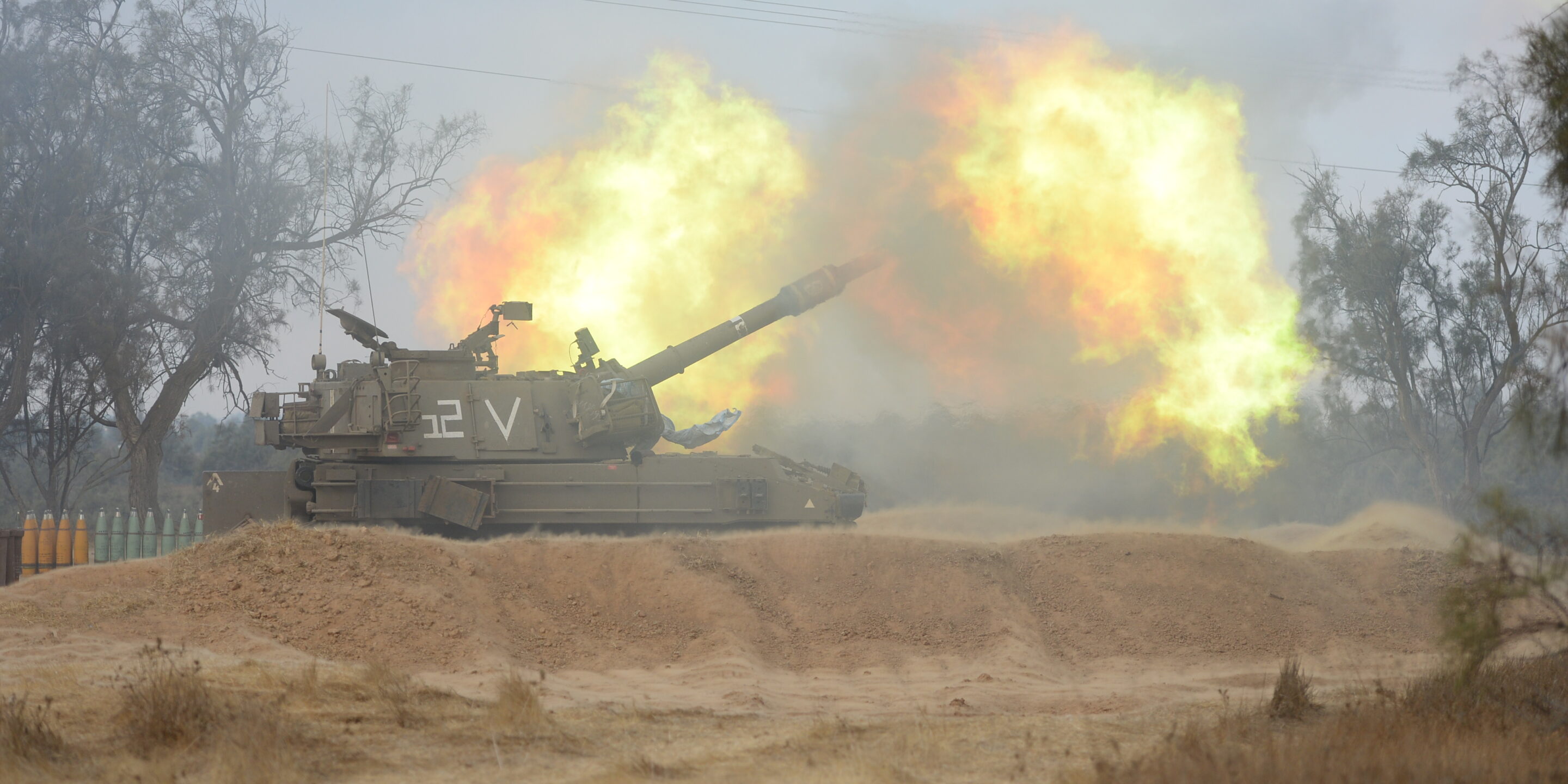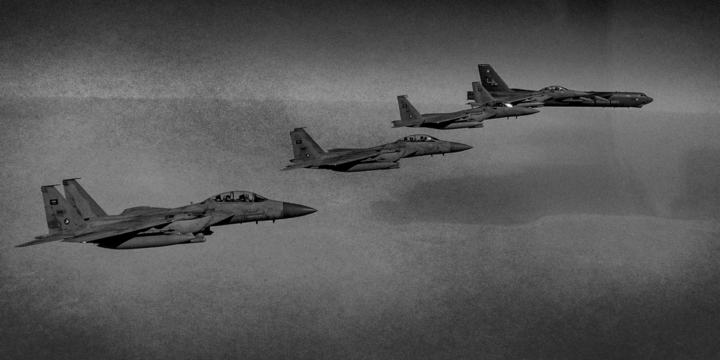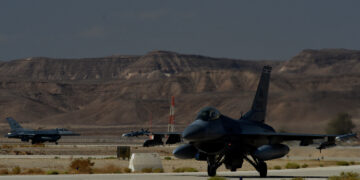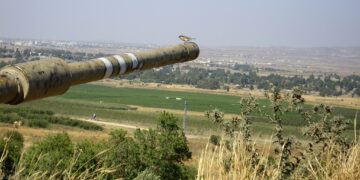February 13, 2024
On the brink: Can all-out war between Israel and Hizbullah be avoided?

With Israel and Hizbullah engaging in months of tit-for-tat strikes across the Lebanese border, the dangers of a full-scale conflict are clear. But there are reasons for both parties to refrain from escalating further.
Deep into its fourth month, Israel’s offensive in Gaza remains in an intense phase of operations. While the U.S. assesses that approximately 30% of Hamas’s fighting force has been killed, the Israeli government has little to brag about in terms of achieving its two main objectives: eradicating Hamas and freeing the approximately 130 hostages under the group’s control. Forced to juggle between far-right ministers who label any compromise with Hamas as defeatism and the families of the hostages, for Israeli Prime Minister Benjamin Netanyahu, the war remains an albatross around his neck.
Yet as difficult as Gaza’s operating environment is, the simmering conflict 130 miles to the north has the potential to be even worse. The Israel Defense Forces (IDF) and Hizbullah have spent the last four months engaged in a low-level, undeclared war, characterised by an incessant tit-for-tat that has produced casualties on both sides. The Israel–Lebanon border region, governed over the last 17 years by an informal arrangement that has deterred Israel and Hizbullah from replaying their full-scale conflict in 2006, is now increasingly fragile. The outstanding question is whether the war of words between senior Israeli and Hizbullah officials will, over time, become a shooting war that could compel Israeli troops to enter Lebanese territory, in what would be Israel’s fourth major ground incursion into Lebanon in 46 years.
Read at The Royal United Services Institute for Defence and Security Studies
More on Middle East
Featuring Jennifer Kavanagh
August 28, 2025
Events on Israel







